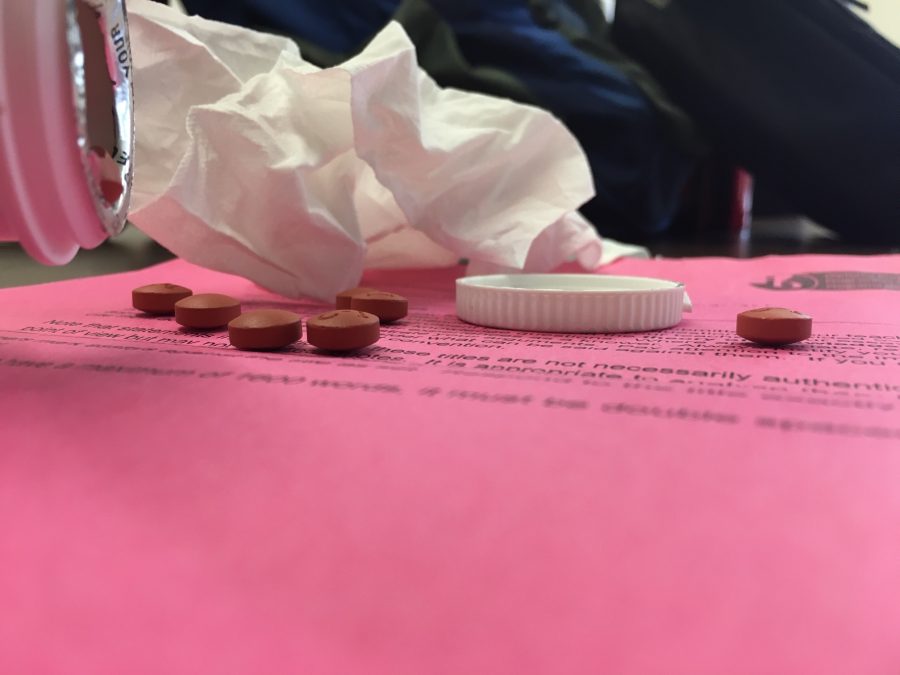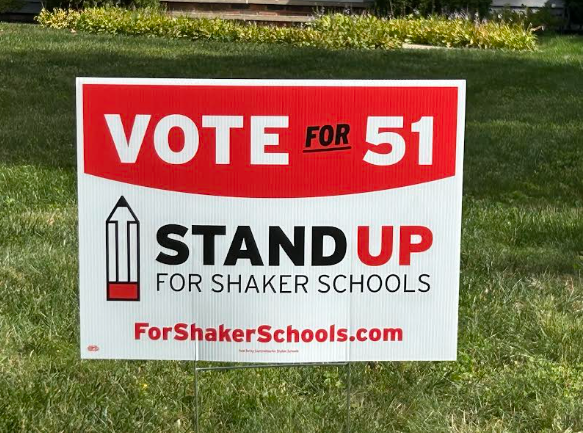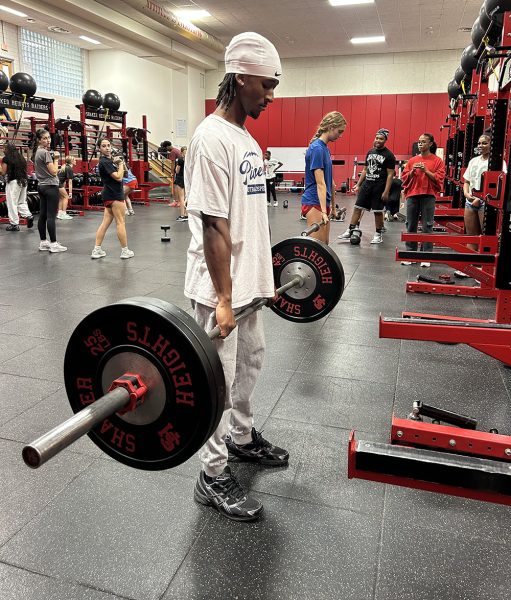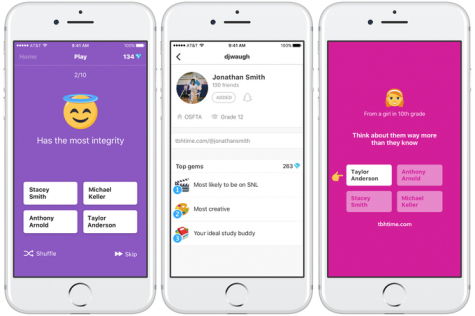Sick Days Inconvenience Students
While students sometimes need to stay home for illness, their absence may hinder their performance more than help
Ibuprofen and tissues lay on top of a sick students essay assignment.
Missing school; it’s inevitable. Nobody carries a perfect attendance record anymore, whether you’re missing for a dentist appointment, wedding or, most commonly, illness. During elementary school, missing class was exciting. You got to stay home, sleep, read, eat treats and, of course, watch TV. Kids would study “Ferris Bueller’s Day Off” to learn how to feign illness convincingly. If successful, your friends considered you a legend the next day. Eight-year-olds boasted about forcing coughs and sneezes until their parents left for work, when they ran to steal pudding from the fridge. Kids were happy to stay home because they wouldn’t miss anything as complicated as the functions of mitochondria or the passive voice.
Sadly, I’m no longer 8, and my classes are a bit more difficult. Missing a day of school is now more stressful than attending. Staying home one day means spending the next week making up the two tests, three quizzes and seven assignments you missed during your absence. Lying sick in bed, you don’t think about pudding, but rather, whom you can text to send you the notes. Not to mention the homework you have to complete; because it’s on the syllabus, some teachers will expect you to check it while you’re sick. It doesn’t matter if you weren’t there to learn the skill needed to complete it.
The worst part is returning the next day and feeling like your teacher is instructing in Albanian. I contracted pink eye a month ago — one of the worst cases my doctor has seen — and when I left school, my teacher was speaking English, but I was in for a surprise the next day. My math teacher started to scrawl some equations on the board, and I was terrified to see that she was now using exclamation points. I leaned over to my classmate and asked, “Since when do we use exclamation points in math?” He said that she had introduced factorials the day before. I was absent for one day and suddenly we’d advanced from using already confusing mathematical letters and symbols to straight-up punctuation. The problem escalates during the winter, when everyone seems to have a cold, and if you miss a day, you miss a lot.
I understand that teachers have to squish a year’s worth of instruction into their lessons, which means each day of class is chock-full of new concepts. Unfortunately, however, that pace means disaster when a student misses a day. Instruction must push forward. Teachers can’t spend the following day of class teaching you what you missed, so students must pull strings in order to catch up.
There are conferences, but you’re not the only student there who needs help. Not to mention that colleges demand extracurricular activities, so, although you might need to catch up on math, you can’t miss your club meeting. With everything students have going on, it’s almost impossible to juggle it all on a normal day. Throw an absence into the mix, and a student might go crazy trying to catch up.
Some teachers try to help returning students by providing folders containing assignments for each missed day of class. While this approach is organized and helpful, there’s still no way a student can tune into the lecture of the previous day. Other teachers, however, do not provide the assignments in this organized fashion. Shaker needs to produce a uniform policy that requests this practice in the case of student absence.
Of course, most students have friends who can take notes for them, but often teachers talk so fast that it’s seemingly impossible to reconstruct all the information in an organized and neat way in your notebook. Students are often so sick that they sleep well into the school day and don’t have a chance to request their friends’ notes. Before they know it, it’s ninth period. From this sprouts the idea of establishing study buddies who are obligated to take notes when another is absent. But even if you receive complete, organized notes from a friend, not being present for instruction remains an issue.
Teachers could permit students to videotape or audio record a lecture. The problem that persists, however, with recording lectures, is that students aren’t allowed to use their phones in class, let alone capture the teacher on camera. The district should make exceptions to this rule in the name of education.
Kids are never going to stop getting sick, and if a solution isn’t reached quickly, students might actually go insane from the stress.










